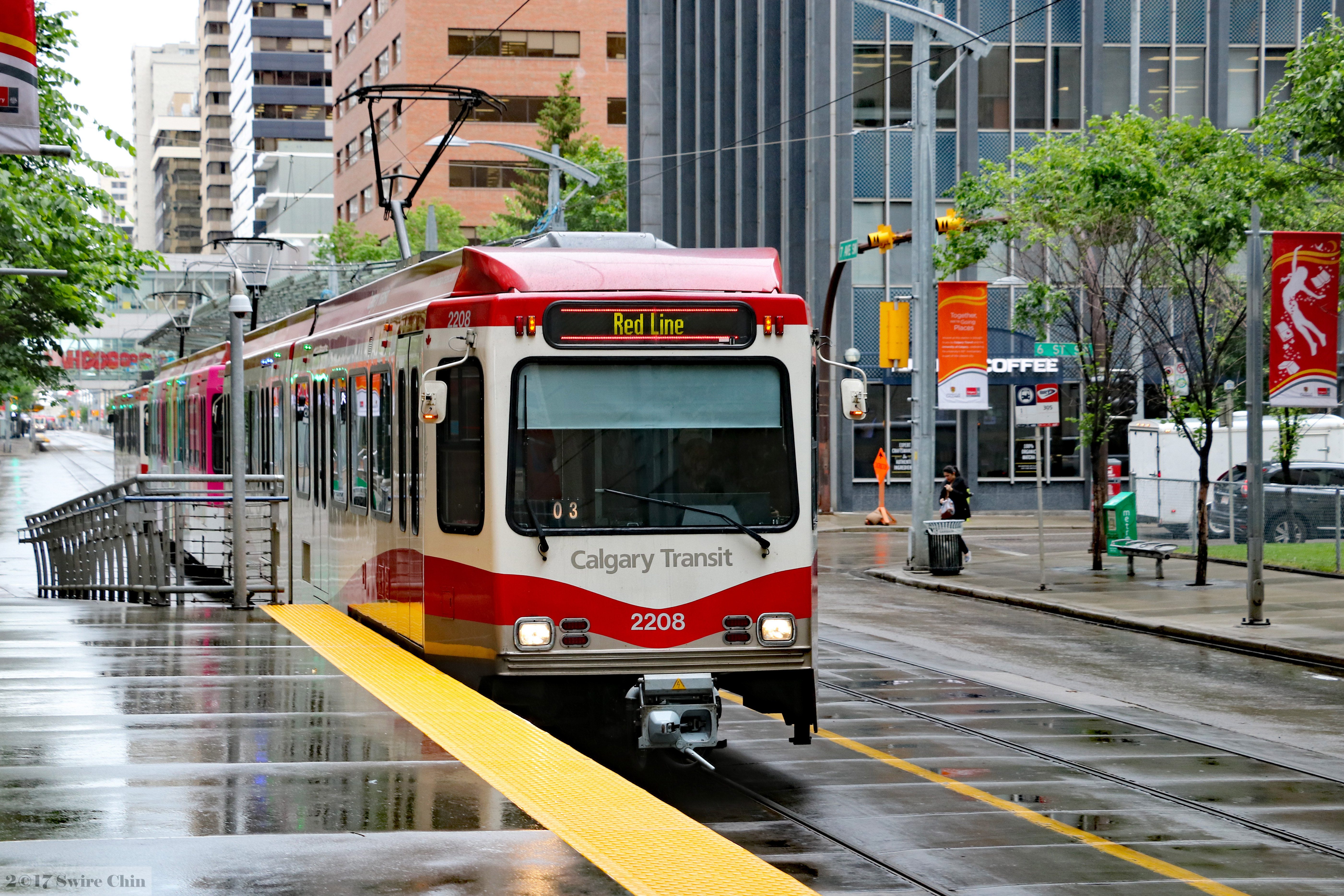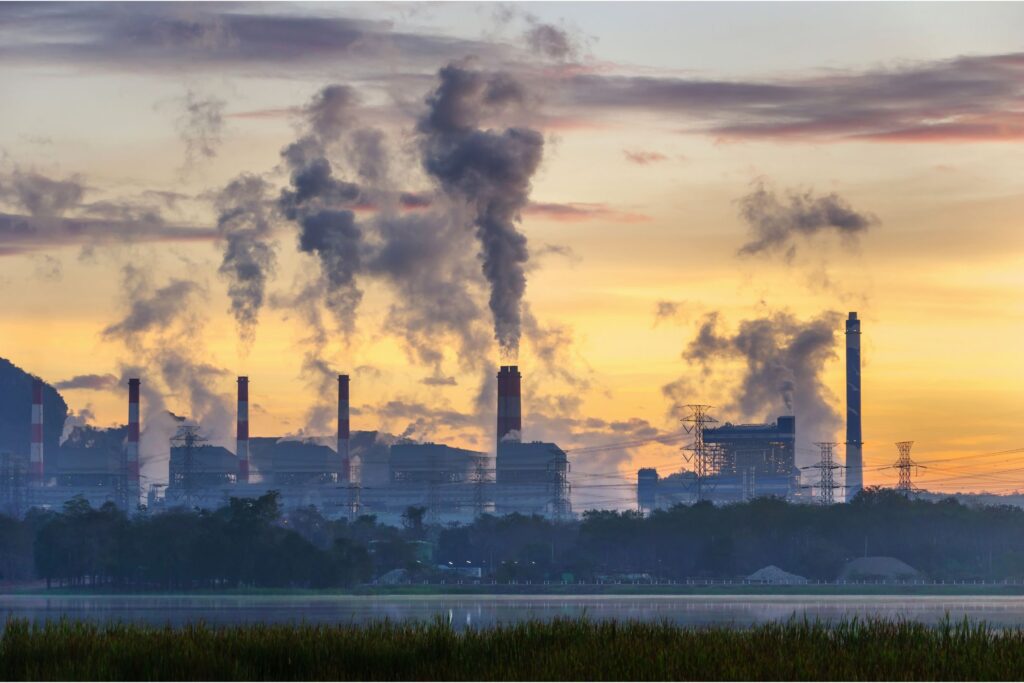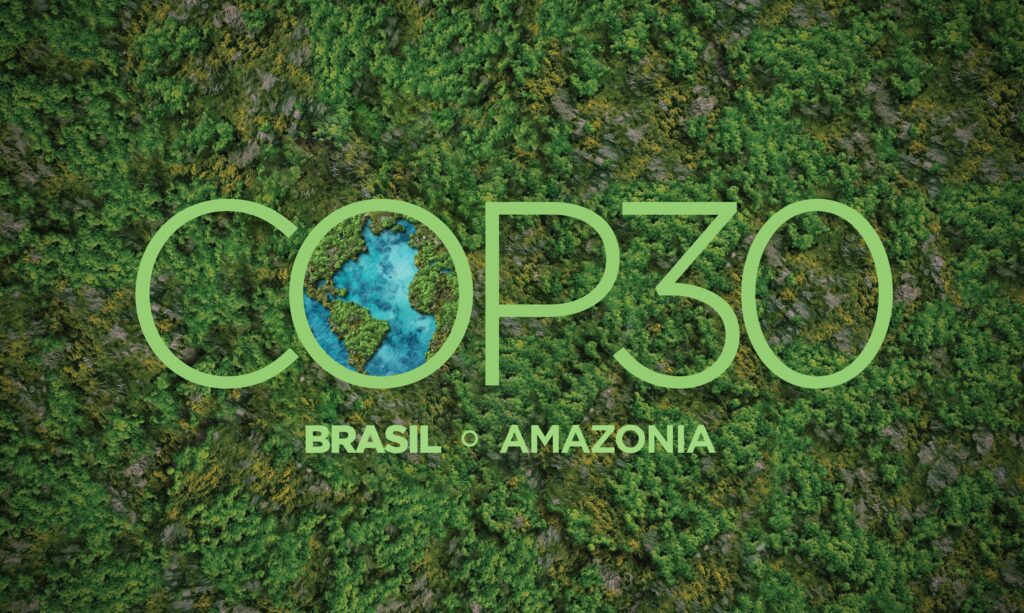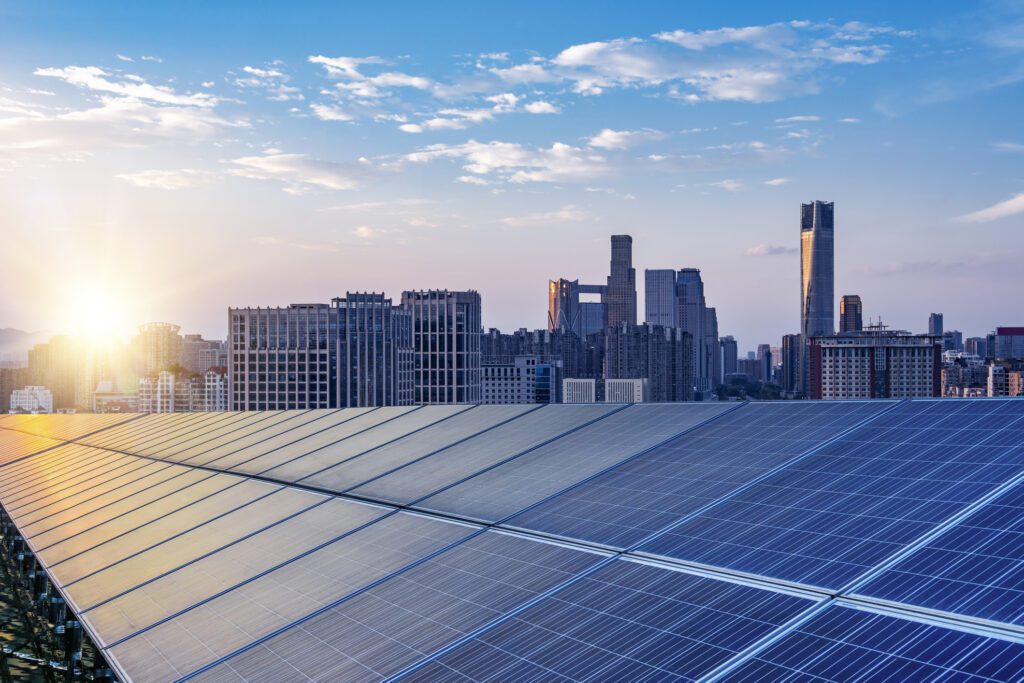Light rail transportation (LRT) is an excellent choice for Alberta’s sprawling cities to move people around quickly and cleanly. Light rail replaces cars on the road along with the noise and pollution that they generate. In fact, the City of Calgary estimates that when stage 1 of the Green line LRT is complete, it will reduce carbon emissions by 30,000 tonnes, every year – that’s the equivalent of taking 6,000 vehicles off the roads. Furthermore, because Calgary is using electricity generated from wind, these polluting emissions are genuinely gone, not just moved to an electricity generation station.
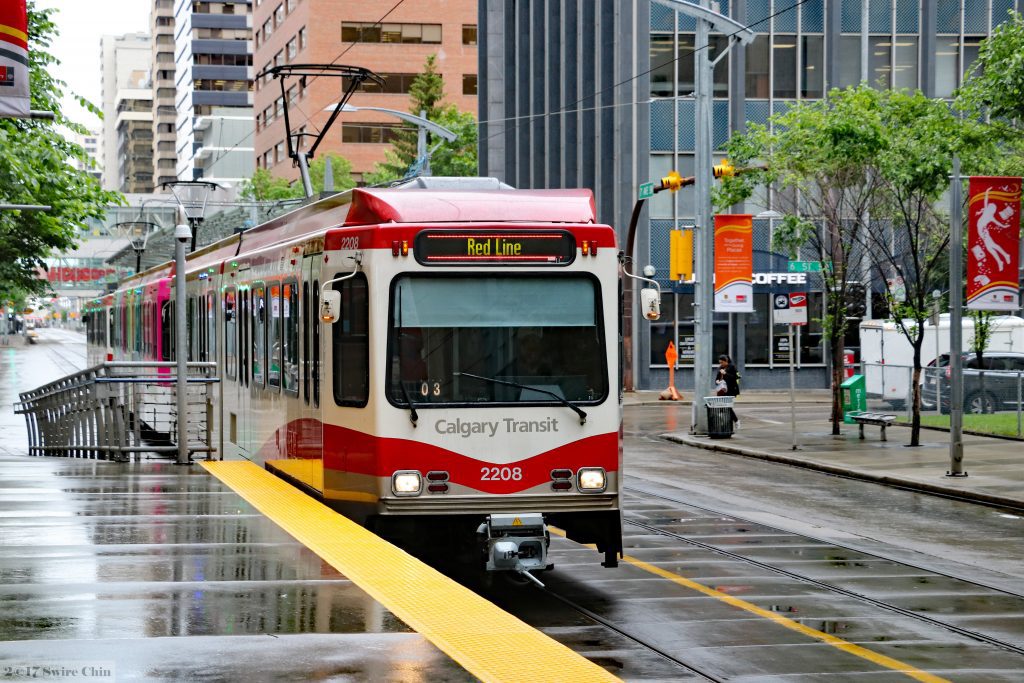
Stage 1 of the Green line is expected to create 12,000 direct jobs and 8,000 indirect jobs and this work is supported by a commitment of $1.7 billion from the province of Alberta. The bulk of the money for this project, $1.2 billion, is funded by the province’s carbon levy. Meanwhile in Edmonton, the Valley Line LRT will receive $1.04 billion from the carbon levy. This will eliminate 4,000 tonnes of polluting emissions in its first year of operation, and construction will create 37,000 direct and indirect jobs.
Expanding light rail transportation in Alberta through the carbon levy means that the polluters of today are paying for the infrastructure projects of tomorrow that will help the province reach its pollution reduction goals. This is one of the values that the carbon levy brings to Albertans. If the money came from general revenue, something else would either need to be cut, or these projects could be in danger of not going ahead.
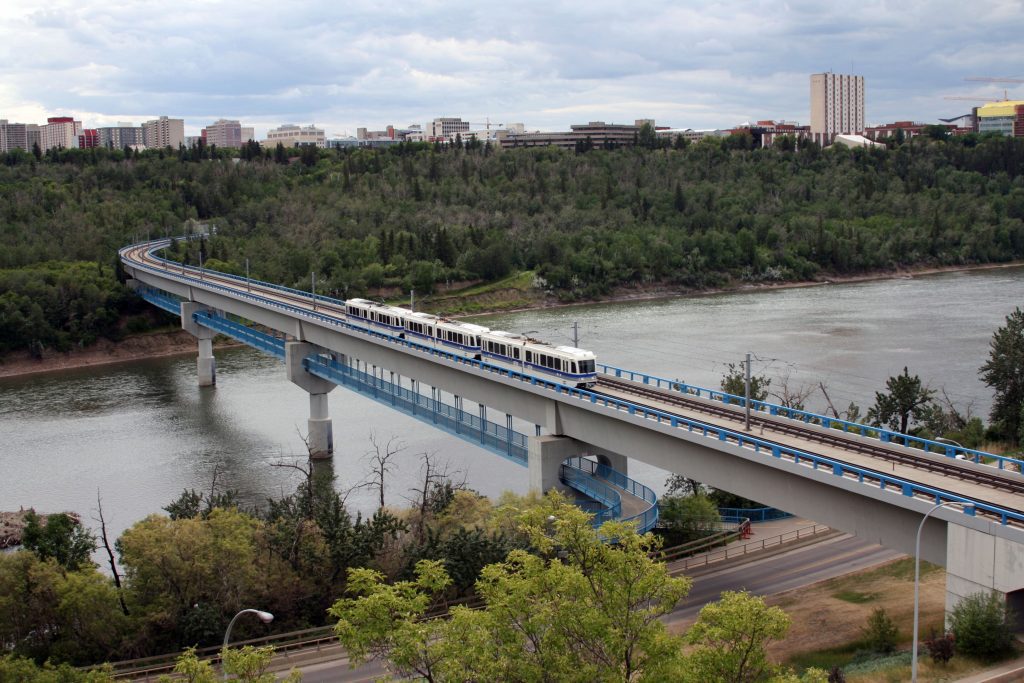
And it’s not just Edmonton and Calgary benefiting from this dedicated funding, but projects across Alberta are eligible to receive funds through the Alberta Community Transit Fund. This fund will cover 40% of the cost for low emission busses and 50% for all electric busses, as well as 50% for energy retrofits for transit centres. Without funding from the carbon levy, these smaller town and city transit projects could be in jeopardy.
If Alberta’s current carbon levy is repealed Albertans will be subject to the Federal carbon tax. The current carbon levy includes rebates for mid- and low income Albertans as well as spending on various projects to reduce pollution, such as public transit. The federal carbon tax will include rebates too, but no project spending. This means that dedicated funding for projects such as LRTs will no longer be available. Either regular tax dollars will need to be used which means diverting funding from other areas, or the projects will be canceled, which was the fate of many pollution reduction projects in Ontario when it repealed cap- and-trade.
Let’s keep our current Alberta carbon pricing plan and keep building the infrastructure we need to reach our climate goals.




